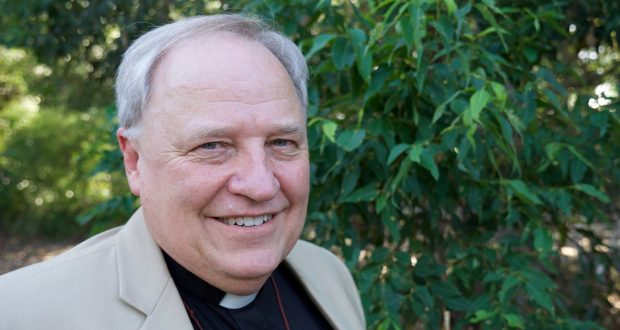Well, what a week in the federal parliament! Yet the underlying issues of how the two large political parties function and fulfil their purpose has been a renewed issue for about ten years.
The ALP historically managed this by a formal factional structure; the Liberals and Nationals by more informal means. They are both a manifestation of a more recent phenomenon in the west of a struggle for “broad church” social organisations to manage diversity and hold to an organisational integrity that means they can still function and deliver on their core purpose.
Of course there are people in both these “broad church” organisations that have just split off and formed their own, more narrowly focused groups—the Greens, Pauline Hanson’s One Nation. Each of them has had significant issues that arise in the work of forming new social organisations.
Jonathan Haidt is one writer who has helped me gain understanding on some of the dynamics underlying the pressures mainline churches, like “broad church” political parties, are facing. He wrote The Righteous Mind, but he’s also on TED talks and YouTube.
Haidt’s work posits that we’re born with at least five identifiable moral categories which our socialisation in life then shapes and fills according to our context.
He identifies the five as care, fairness, loyalty, authority and purity. People more formed in a socially liberal tradition tend to highlight care and fairness—so focus on equity, social justice issues—and have less emphasis on the others; people of a more conservative tradition tend to value all five equally—so social order, and benefits of conformity are as highly valued as anything else.
He suggests that this underlying difference in priority around value sets inhibits more liberally minded and more conservatively minded to see each other as equally morally virtuous as themselves, and also to listen to and understand each other.
I have to say that I find this analysis compelling in the challenges we are facing as a society, and as a church that seeks to include the diversity we share within our being baptised into the life of Jesus Christ.
It does come again to our capacity to keep silent for a time the desire to speak, and to be ready to enter into the world of the other, “Let everyone be quick to listen, and slow to speak”, as St Paul said.
We have deeply held views, we have a right to hold them and share them. Along with that comes the responsibility to listen and for all of us seeking to follow Christ, the responsibility to be open to a new insight from the riches of our faith.
 JourneyOnline
JourneyOnline







